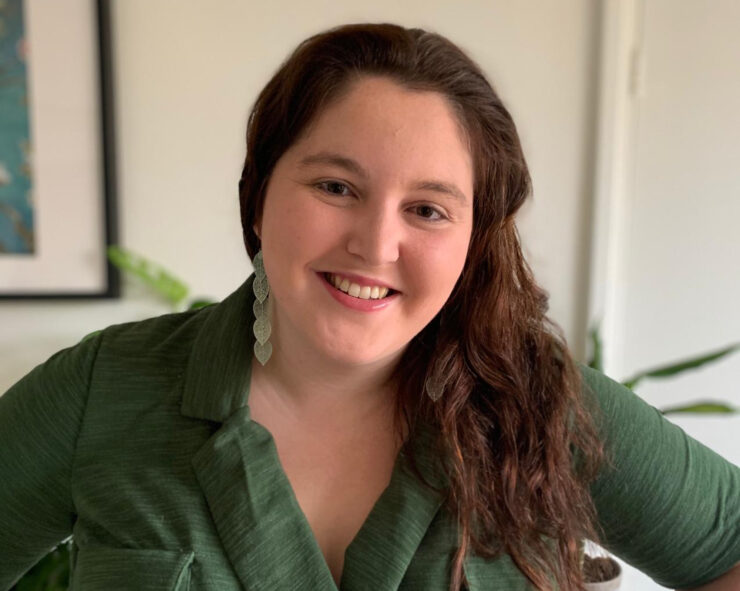The 11th edition of the Brunings Lecture
Thursday January 22, 2026 13:00 – 17:00
Compound floods: from the sea, from the land and from the air
Prof. dr. Paola Passalacqua — Compound hazards in coastal urban systems: Interactions, impacts, and adaptation
Coastal urban communities face a growing convergence of acute and chronic stressors. Severe and frequent flood events interact with persistent challenges such as extreme heat, air pollution, and socioeconomic vulnerability, creating complex risk landscapes. Flooding in these regions often results from multiple sources—riverine, pluvial, and coastal—whose combined impacts can amplify damage and hinder recovery. Understanding these interactions is essential for developing adaptation strategies that address multi-hazard risks under resource constraints.
In this lecture, I will explore the nature of compound hazards in coastal urban environments and the scientific and practical challenges of translating climate projections into hydrological predictions and actionable adaptation strategies.
Dr. Fredrik Huthoff — Not learning from floods in Mozambique with the Dutch
The year 2025 marks the anniversary of 50 years of cooperation between the Netherlands and Mozambique. Water management has been a constant factor during this cooperation, including focus on the devastating floods that frequently affect large parts of the country. This talk explores why learning from the floods has been so difficult. Are some aspects from the “Dutch approach”, such as the river basin perspective, addressing governance, designing to reduce impact, and investing in more and better data and models all without downsides?
Dr. Jana Cox and group — Metronome Lab demonstration: compound flood Ketelmeer / IJssel-Vecht delta

The low-lying IJssel-Vecht delta in the Lake IJssel / Ketelmeer (a side lake in which the delta is located) is susceptible to flooding by the river and by storm surges. Recently, it was proposed to build islands in the Ketelmeer to reflect or dampen the storm surges while allowing the river flow to pass unhindered (a so-called Venturi valve). But does that work? Jana and colleagues and students investigated this in an analog model in the UU Metronome.

